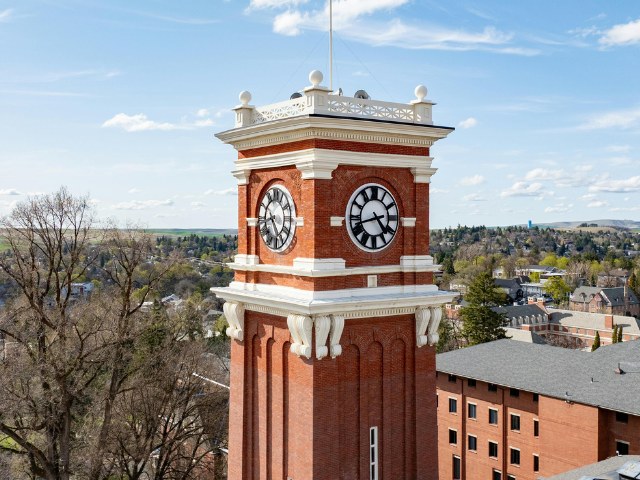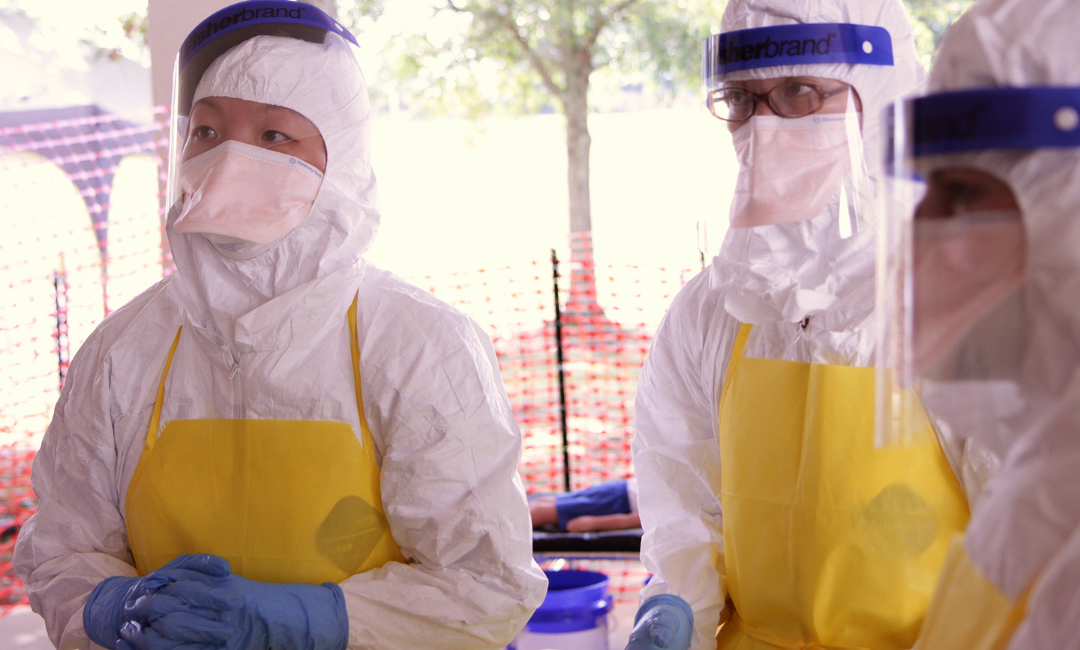State of Nursing and Education in Washington
The Washington Center for Nursing’s 2024 RN data snapshot found that by 2032 there will be roughly 4,100 more RN jobs than there are nurses.
A similar analysis of nurse faculty reported an 11% vacancy rate among full-time nurse faculty. It also found an 8% vacancy rate among pre-licensure faculty and an 18% post-licensure vacancy rate.
In addition to adjustments at the university level, some legislators also are hoping to change the tide. S.B. 5335, for example, would establish a rural nursing education program and provide funding for two more years beyond the initial pilot program that began in 2023.
“I see this bill as a possibility of not only giving people paths to sustainable work, dignity, and health care access for their community, but also the idea that we can create health care, health care that is, sustainable and beneficial for everyone,” Sen. Verdana Slatter said, according to a Columbia Basin Herald report.
Legislative priorities for the state’s board of nursing continue to focus on nurse faculty and building the workforce.









